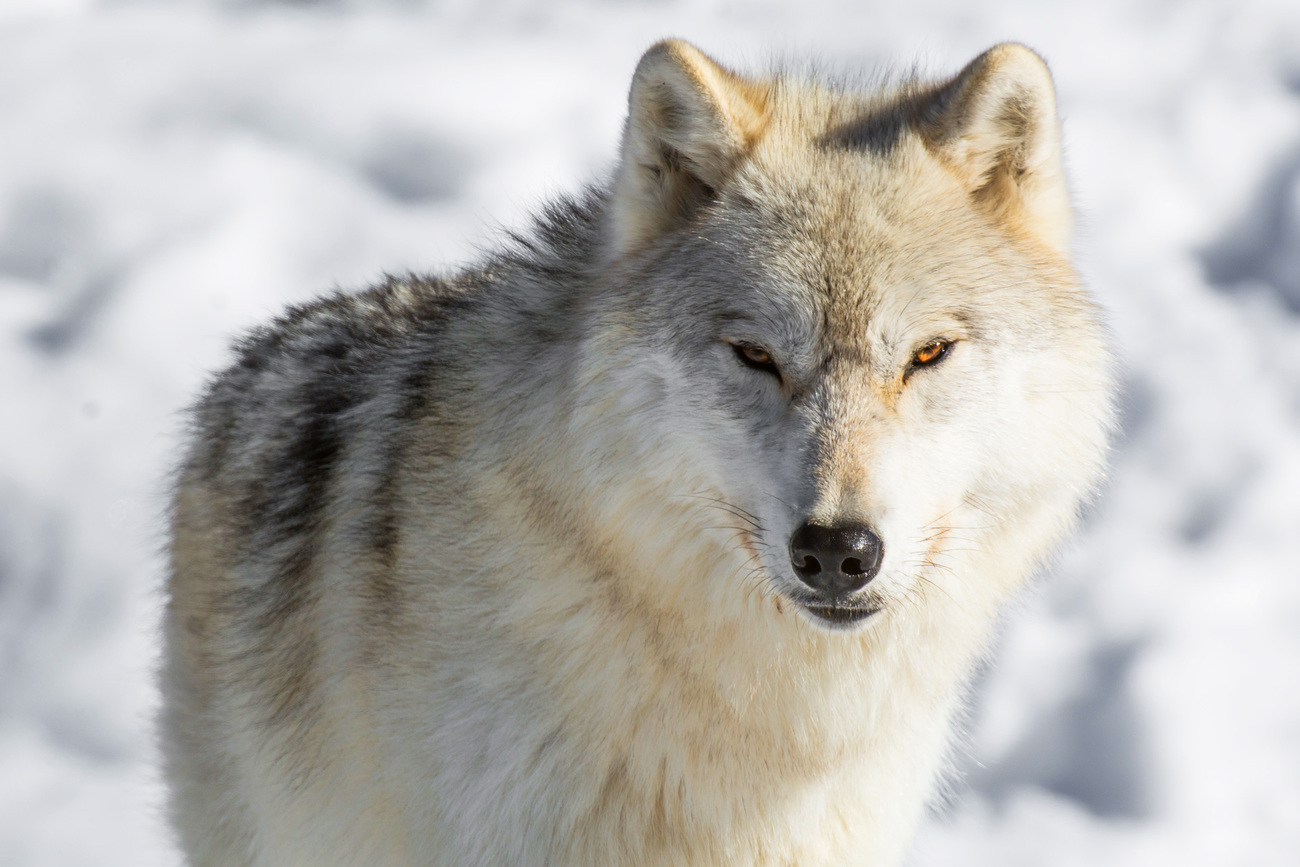Sheryl Fink
poisoning wolves will not protect Canada’s threatened caribou
poisoning wolves will not protect Canada’s threatened caribou

The howl of a wolf. The call of a loon. The bugling of an elk. All around the world, Canada’s identity is linked with the sights and sounds of unspoiled nature and abundant wildlife.
But deep in the forest, Canada is hiding a deadly secret. Despite being protected under federal and provincial legislation, woodland caribou populations are in serious decline due to decades of intense industrial development, particularly in the provinces of Alberta and British Columbia.
Scientists agree that the long-term solution to saving the caribou is habitat protection and restoration. Unfortunately, while actions have been taken to protect woodland caribou and their habitat since the species gained federal protection in 2003, none have had detectable impacts. Instead, as development plans forge ahead in Alberta, caribou recovery has been characterized by delays, a lack of Indigenous-led conservation initiatives and a controversial wolf cull program.
commitment to nature at odds with wolf cull
Next month, Canada will host thousands of delegates from around the world for the United Nations' Biodiversity Conference in Montréal, Quebec. This important international conference is being touted by Canada’s Environment Minister as an opportunity for Canada to demonstrate its commitment to protecting nature, biodiversity and species at risk.
At the very same time, the Government of Canada is preparing to re-authorize the use of two toxic substances—strychnine and Compound 1080—to allow the province of Alberta to set out poisoned baits that will cause wolves to die slow, painful deaths. The flawed thinking behind the use of these toxins is that culling wolves (natural predators of caribou) could help to protect threatened woodland caribou herds.
ineffective and inhumane
A new film called Poisoned Earth gives a shocking insight into Canada’s poison program, and the weak justifications underpinning it.
As the film conveys, poisoning wolves is not only a short-sighted and ineffective measure to protect caribou, but it’s also exceptionally cruel. When wolves consume these poisons, they experience seizures and agitation, their muscles spasm painfully and their hearts, lungs and other vital organs eventually shut down. The Canadian Veterinary Medical Association, the American Veterinary Medical Association and the Canadian Council on Animal Care have all concluded that strychnine and Compound 1080 are inhumane and inappropriate for use on wolves because they cause unacceptable suffering.
Poisoned baits kill not-target animals too, including endangered species, because there is no way to control which animals encounter them (or feed on the carcass of a poisoned animal). All in all, it is impossible to know the true number of animals killed by strychnine and Compound 1080, as sickened wild animals tend to hide, and their carcasses are quickly scavenged during the winter.
If Canada wants to be a credible champion of biodiversity, we need to stop poisoning predators and start protecting habitats. Canada needs effective caribou protection—not a cruel wolf cull.
We need you to make your voice heard. Please let the Government of Canada know that you oppose the use of cruel and inhumane poisons to kill wolves and other wildlife.
Related content
Every problem has a solution, every solution needs support.
The problems we face are urgent, complicated, and resistant to change. Real solutions demand creativity, hard work and involvement from people like you.